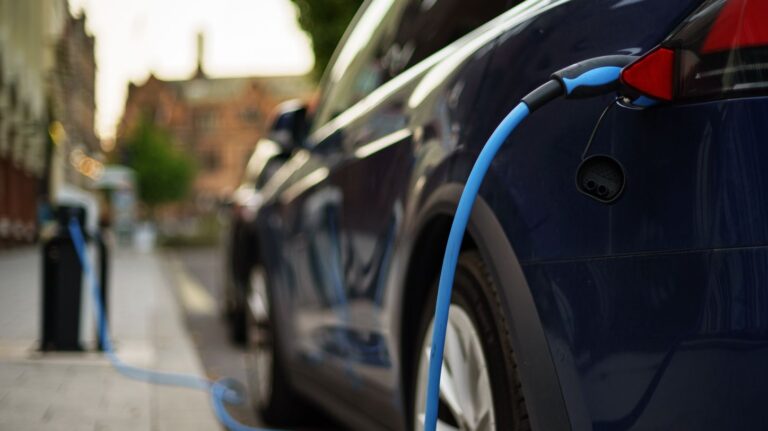Professional services and law firm RPC has reported that, due to poor investment at a local and central government level, private financing will be needed to achieve the national target of 300,000 public electric vehicle (EV) charger installations by 2030.
Its research revealed that around 8,000 new public EV chargepoints were introduced by local authorities in the UK in the past 12 months, representing an increase of just seven percent from 7,400 in 2021/22.
Current estimates put the number of public charging points at slightly more than 44,000 across the UK, which RPC has said is a cause of ‘real concern’ and that ‘the picture is mixed’, with only some councils prioritising access to charging infrastructure.
According to Elizabeth Alibhai, partner and head of real estate at RPC, there is a “consensus [among experts] that the government’s £1.3bn committed fund will only get us a fraction of the way to the 2030 target” and that with “low-level delivery and expenditure by local authorities, private sector investment will have to be dramatically increased to meet the government targets”.
RPC estimates that UK local authorities spent around £41m in the past year on EV charging infrastructure, marking a decrease from the £42m spent the year before. It believes that private investment will be needed to plug the gap.
Another concern highlighted by the research was the sector not attracting enough investment. The company said private investors are unclear about the size of the consumer market in this space and what people are willing to pay to use and charge EVs.
Other upfront costs related to connecting to the grid and regulations around consent can also be difficult to manage, with Alibhai arguing that government legislation could be needed to accelerate the rollout.
The research names several local authorities that have been, in RPC’s words, “particularly active” in the implementation of EV infrastructure. These include Merton in Greater London, with 530 installations in 2022/23, Coventry in the West Midlands (312), Tower Hamlets in Greater London (150), Wokingham in Berkshire (114) and Islington in Greater London (112).
It also highlighted several councils that installed no EV chargepoints in the past year, including Crawley in West Sussex, Dudley in the West Midlands, Barking and Dagenham in Greater London, Norwich in Norfolk and Wandsworth in Greater London.
This data is based off of freedom of information responses from 127 local authorities.





